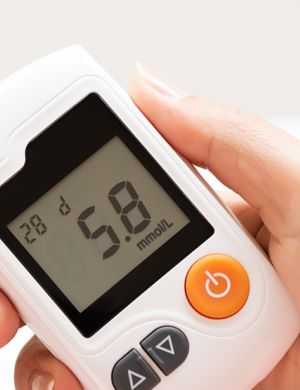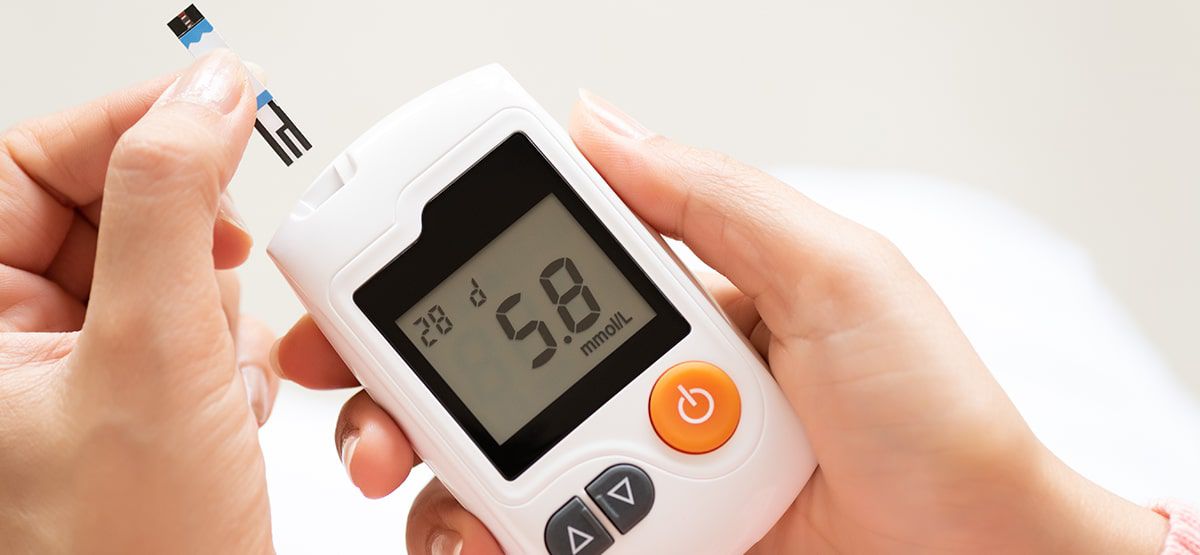
The Impact of AI on Medical Device Technology and Certification
Artificial Intelligence (AI) refers to the capability of machines to perform tasks traditionally linked to human intelligence—such as perception, learning, decision-making, planning, and language processing. In medical device technology, AI also extends to robotic functions, including object manipulation and autonomous navigation.
Examples of medical devices that integrate machine learning include:
Diagnostic Imaging Devices: Machine learning enhances the accuracy of imaging systems such as MRI, CT, and X-ray devices by automatically detecting abnormalities like tumors or lesions. These algorithms help clinicians make faster and more precise image-based assessments.
Certified Wearable Health Monitors: With appropriate regulatory approvals, wearable devices (e.g., fitness trackers) can function as medical devices. They apply machine learning to analyze biometric data like heart rate, sleep quality, and physical activity patterns, offering insights that support early risk detection and personalized health monitoring.
Clinical Decision Support Systems: AI-powered decision support tools analyze patient data and assist healthcare providers in selecting suitable treatment options. These systems improve clinical accuracy and ensure more informed and timely decisions.
Medical Robots: Machine learning enhances robotic precision, especially in surgical and procedural environments. AI capabilities improve dexterity, accuracy, and real-time responsiveness in robotic surgical systems.
Drug Delivery Systems: ML models are increasingly used in automated drug delivery devices, such as insulin pumps and implantable systems. The AI analyzes patient data to adjust dosage levels for safer and more effective treatment.
Latest Guidance for AI in Medical Devices
ISO/IEC 42001:2023 establishes a framework for managing AI responsibly and can be integrated with existing quality management systems like ISO 9001, ISO 13485, and ISO/IEC 27001. It is particularly valuable for developers of AI-enabled medical devices (AIaMD) and Software as a Medical Device (SaMD).
In the European Union, the EU AI Act, which advanced significantly after its approval in March 2024, aims to regulate the design, development, and deployment of AI systems.
In the United States, the FDA’s AI/ML-Based Software as a Medical Device Action Plan outlines a Total Product Lifecycle approach to regulating AI in medical devices.
Applications of Generative AI in Healthcare
Generative AI is being widely adopted across healthcare domains, including:
• Automating administrative workflows to reduce manual burden and improve efficiency.
• Enhancing medical imaging analysis for diagnosis and treatment planning.
• Accelerating drug research and development workflows.
• Supporting medical data analysis and scientific research.
• Predicting risks and improving global pandemic preparedness.
• Creating synthetic data for training AI models while protecting patient privacy.
• Enabling personalized medicine by tailoring treatment plans to individual needs.
Key Challenges in the Use of AI
To ensure compliance, manufacturers must address several challenges:
1. Ethics in Data Collection: Handling sensitive medical data requires adherence to privacy and security regulations such as GDPR. AI must not undermine patient autonomy, and individuals should maintain control over their health decisions.
2. Cybersecurity Threats: AI-enabled medical systems are potential targets for cyberattacks. Organizations must implement strong security controls, train staff, and continuously monitor systems to prevent breaches.
3. Lack of Transparency: Some AI models operate as “black boxes,” making it difficult to explain their reasoning. This limits trust and accountability in clinical decisions.
4. Risk of Bias: Bias in training data can result in inaccurate or unsafe outcomes. Ensuring high-quality, diverse data is essential.
5. Potential Misuse: Incorrect use of AI tools—due to limited training or insufficient involvement of medical professionals—can result in harmful clinical outcomes.
6. Regulatory Framework Challenges: AI advancements often move faster than regulatory updates. Continuous collaboration among regulators, developers, and healthcare providers is necessary.
Conclusion
AI is transforming medical device technology by enabling smarter, more adaptive, and more personalized solutions. However, to fully realize these benefits, it is critical to address regulatory, ethical, and data security challenges. By establishing strong governance and fostering collaboration across the healthcare ecosystem, AI can significantly enhance patient care and reshape the future of medical technology.safety, efficacy, and ethical usage of AI-powered medical devices. By proactively tackling these problems, we can maximize AI’s potential to improve patient care and transform healthcare delivery.
Don’t miss out! Click here to stay in touch.
Categories
- Biopharma (59)
- Consumer Health (22)
- Cosmetics (11)
- Diagnostics (5)
- Digital Health (8)
- Food (2)
- Medical Device (113)
- OTC (5)
- Regulatory Intelligence (13)
- Standards (41)
Recent Blogs
Get the latest updates from Vistaar

Related Posts
CONNECT WITH US

Let's talk about how Vistaar can help you





